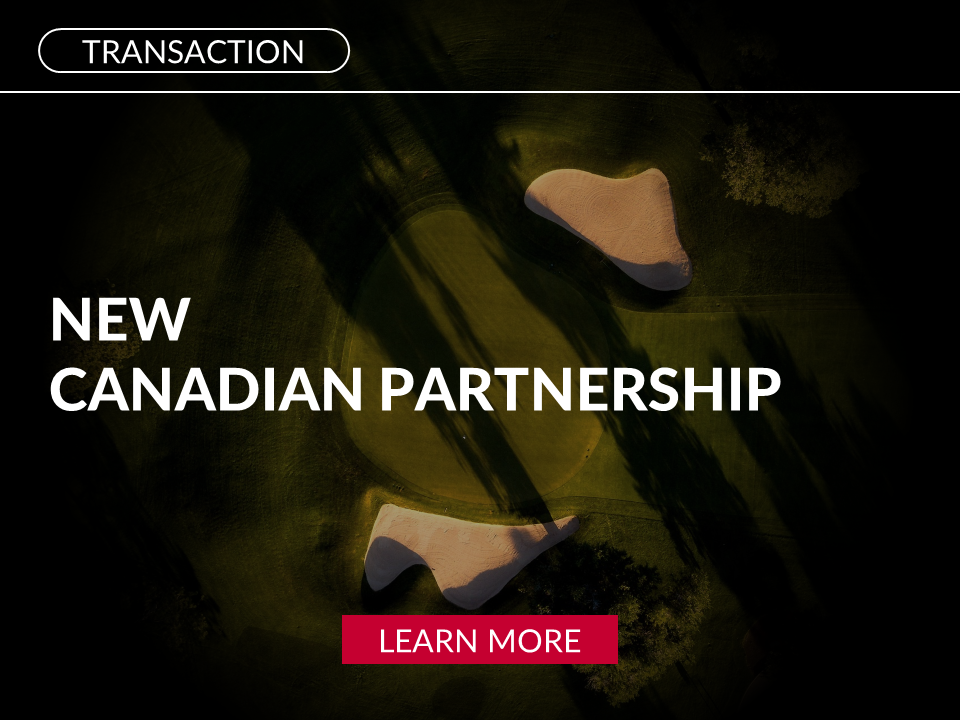Of all the career counseling advice given over the years, Abraham Lincoln probably nailed it when he said: “The best way to predict the future is to create it.”
With one more grass-growing season under your belt, maybe you’re reflecting on your career and wondering where it’s going. Maybe you’re worried it’s not going in the direction you hoped or that it seems stuck. Maybe it’s time to take charge of your career and start creating your future. Here are nine capabilities that must be developed and improved upon to advance your career:
Leadership/Command Skills
Are you the person to whom others look in times of difficulty or crisis? John Cunningham, who began his career as a golf course superintendent and is now the general manager at Aronimink Golf Club, views career paths as a four-lane highway rather than the one-lane road many see. “Do not pigeonhole yourself as just an expert in one area. Once I started learning about the entire club business, I realized that the leadership and management skills that I had been working on in one area of the club business were transferable to many other career opportunities.”
Professional Selling Skills
Those who understand the science of professional salesmanship have a distinct advantage when trying to move someone to their point of view. For them, persuasion is a process of describing both the features and benefits of the course of action they advocate.
Business Acumen
Do you understand how the business you manage works? Are you an accomplished financial manager? Countless programs are available through CMAA, GCSAA and the PGA of America to help aspiring managers understand the business necessities of their clubs and employers.
Learning on the Fly
Many lessons in club management are learned on the fly without time for rehearsal or in-depth preparation. This requires that a manager be open to change and comfortable when dealing with unexpected problems. Mark Bado, the GM at Myers Park Country Club in Charlotte, says, “Aspiring managers should be patient and hungry to learn and to stretch themselves. We all experience setbacks and get knocked down. Surround yourself with people who have been there also and will you get back up on your feet.”
Standing Alone
The people who make major career moves are often those willing to explore new concepts and find new solutions to complex problems, ones such as labor shortages and escalating personnel costs. Often it is the champion for new concepts who reverses operational losses and plots a new course for a club’s growth.
Organizational Agility
“Take a chance and ask for help,” Cunningham advises. “The relationships that I have developed in the club business have afforded me so much perspective and insight. We all have blind spots and being collaborative and reaching out to others regarding your career will be invaluable.” Develop your own list of go-to experts in various aspects of the business and remember to pay their kindness forward.
Dealing with Ambiguity
Those who advance their careers function effectively in a state of continuous learning. Paul Levy, the current president of the PGA of America, has learned great lessons “in the heat of battle,” as he calls it. “Work on improving your communication skills (because) it’s often not what you say but how you say it that matters.”
Performance Management
“Today we live in a world where most people respond best to positive direction and motivation,” Levy says. ”When you must give feedback on performance or behavior that needs adjusting, it must be done positively and with a plan you both agree on for improvement that benefits both parties.” Every leader is held to account for his or her results; knowing how to track and measure ongoing performance yields improved results.
Hanging Tough
Adversity finds each of us. As the Navy SEAL saying goes, “The only easy day was yesterday.” Leaders are admired for their unwillingness to give in to problems. Your next promotion may come as a result of showing the determination to find a solution for which others have given up searching.
GGA’s Henry DeLozier penned this article for Golf Course Industry Magazine.







